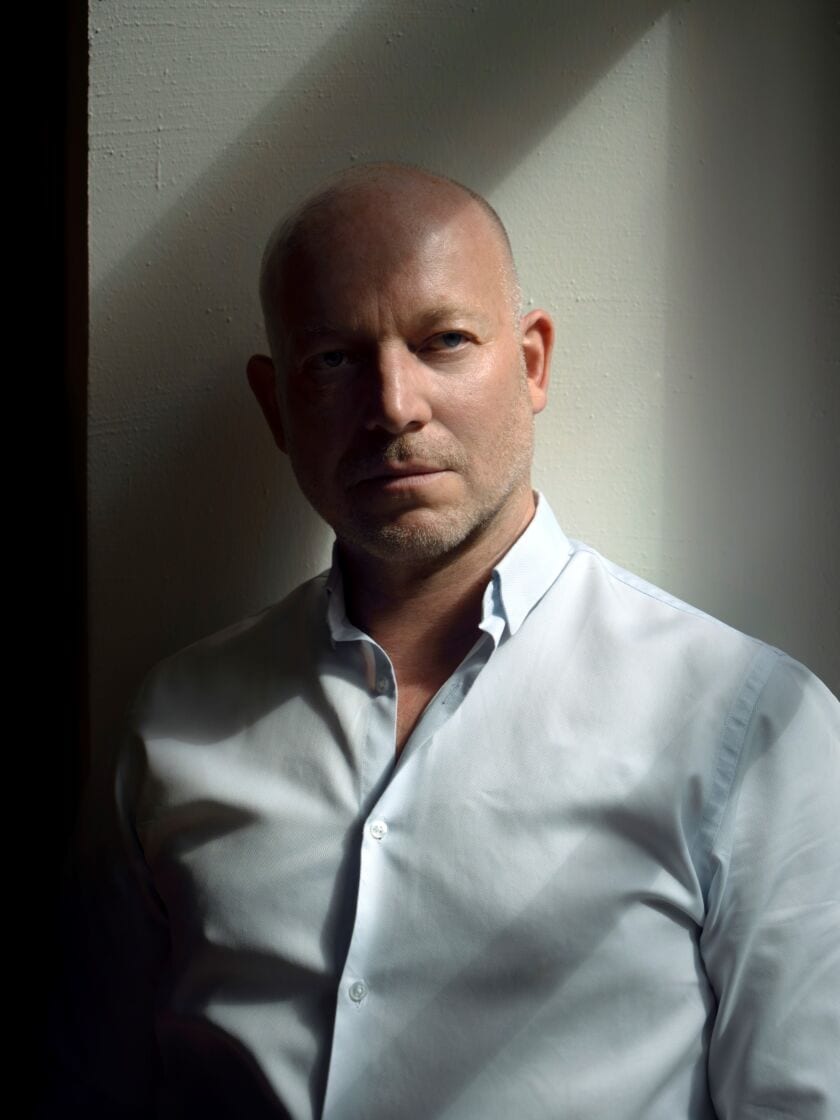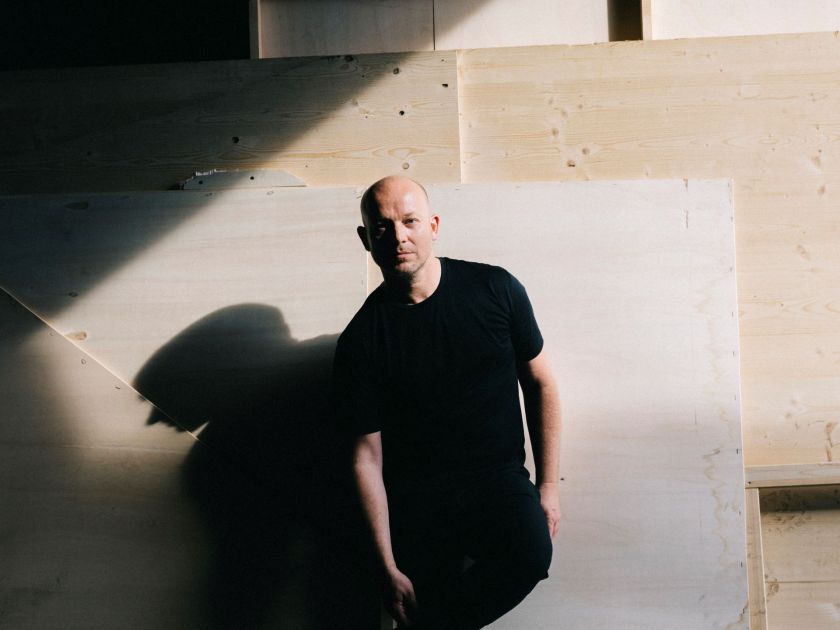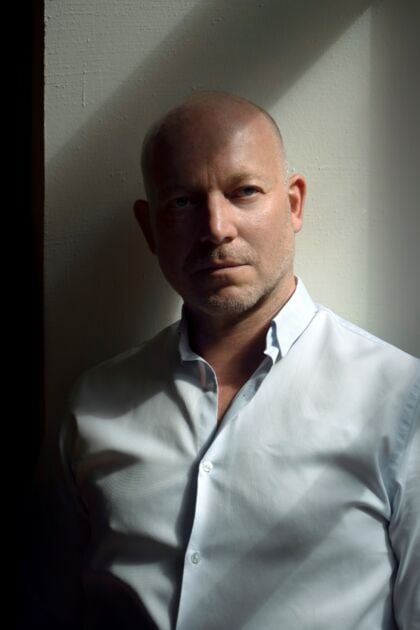Ulrich Rasche
Director

The director Ulrich Rasche is known for his powerful opera and theatre productions, which use perpetual movement and intense lighting to create visceral experiences for his audiences. A particular focus of his work is Ancient Greek drama, most recently Aeschylus’ Agamemnon in a co-production between the Athens Epidaurus Festival and the Residenztheater in Munich (2022), Sophocles’ Oedipus at the Deutsches Theater in Berlin (2021), Aeschylus’ Die Perser (The Persians) in his Salzburg Festival debut (2018) and Sieben gegen Theben (Seven Against Thebes) / Antigone by Aeschylus /Sophocles at the Schauspiel Frankfurt (2017). In June 2025 he opened the Athens Epidaurus Festival with a new production of Antigone.
In recent years Ulrich Rasche has used his experience in Greek tragedy and his understanding of the ancient Chorus as music and rhythm to explore the genre of opera, making his debut as an opera director in 2022 with Elektra at the Grand Théâtre de Genève. Classical music has always been a part of his theatrical work — with productions such as the choral project Singing! Immateriell Arbeiten at the Palace of the Republic in Berlin (2004) and Die Entführung aus dem Serial — Ein Monolog nach Wolfgang Amadeus Mozart at the Sophiensæle in Berlin (2010). In 2023 he directed Bach’s St John Passion for the Stuttgart State Opera.
Ulrich Rasche regularly works at leading theatres in German-speaking countries. His most recent productions include Schiller’s Die Räuber (Residenztheater, 2017), Büchner’s Woyzeck (Theater Basel and Residenztheater, 2018), Das große Heft, after Ágota Kristóf (Staatsschauspiel Dresden, 2019) and Lessing’s Nathan der Weise (Salzburg Festival, 2023), all of which were also shown at the Berliner Theatertreffen. He directed Euripides’ Die Bakchen (The Bacchae) at the opening of the 2018/19 season at the Vienna Burgtheater and in 2024 directed Beckett’s Waiting for Godot at the Schauspielhaus Bochum.
Ulrich Rasche was born near Wuppertal, where he was inspired from a young age by Pina Bausch’s dance company. He studied history of art and comparative literature, and was a scholarship holder at Robert Wilson’s Watermill Centre. He began his career in 2002 with a production of Harold Pinter’s Betrogen (Betrayal) at the Sophiensæle and went on to direct Die Wellen (The Waves) after Virginia Woolf (2007), Wilde’s Salome (2009) and other works at the Stuttgart State Theatre.
His awards include the Berlin Art Prize 2013 from the Academy of Arts, the Nestroy Prize for best German-language performance in 2017 and 2018 for Die Räuber and for Die Perser, the Oper! Award in 2023 for best set designs for Elektra and the Hein Heckroth Stage Design Prize in 2023. In 2017 he was named Set Designer of the Year for Die Räuber by the critics’ forum of the magazine Theater heute.
Photos and Videos


